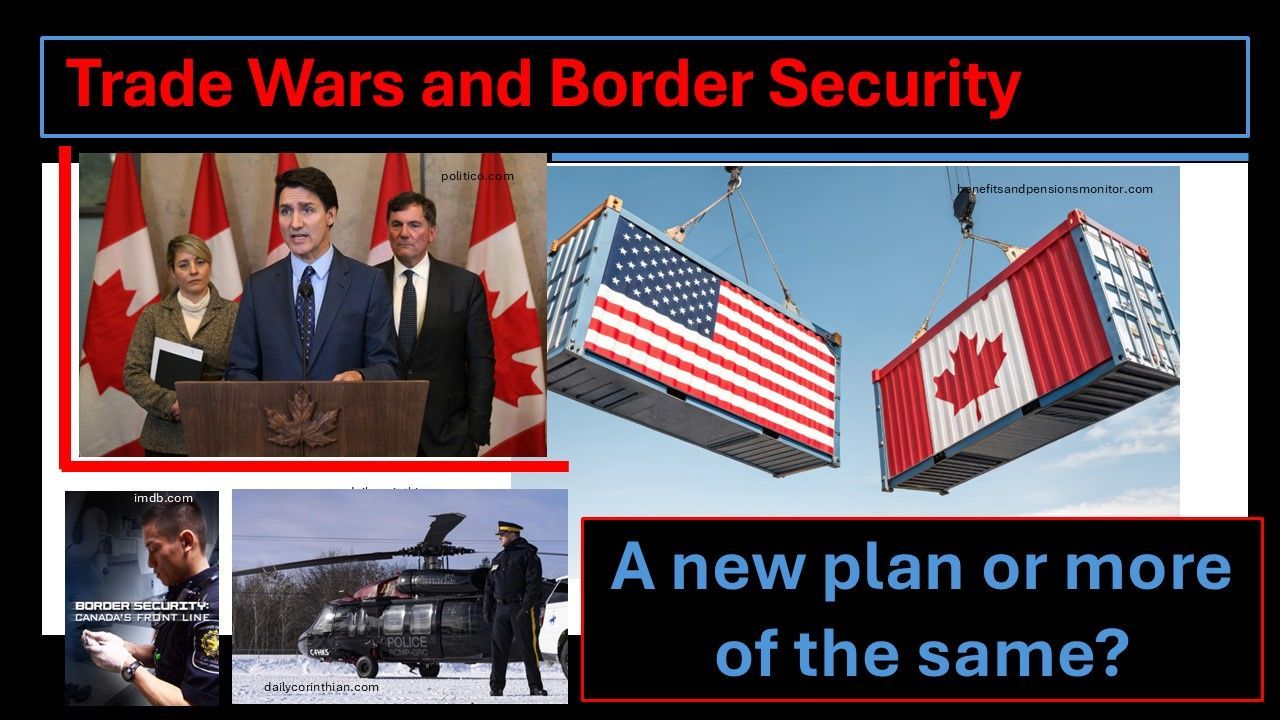New Paragraph
On April 16, 2024, we lost an incredible police officer and leader from the OPP family. At the same time, his beloved wife Betty, his children and grandchildren all lost the dearly loved patriarch of theirs.
Tom O’Grady had a storied police career that lasted 42 years. He joined the RCMP in 1956 as a young 18 year from Northumberland County in Ontario and following a short stint in Rockcliffe Park (Ottawa), was posted to the Cornerbrook, Newfoundland. Then in 1958, Tom left the RCMP and moved back to Ontario. In those days the RCMP would not allow their young officers to wed and given that he married the lovely Betty that same year, it appears the RCMP lost a good man over their policy.
Tom subsequently served with two small municipal police departments in what is now Durham Region, before joining the OPP in 1961.
His OPP career took him first to Bradford, then Stayner, Huntsville and by 1972 he was assigned to the OPP Anti-Rackets Branch at OPP Headquarters in Toronto. He flourished in the investigative realm and was promoted several times there, including to Detective Inspector upon his transfer to the Criminal Investigation Branch (CIB). He led a number of complex homicide and other major cases across Ontario, including into outlaw motorcycle gangs and even an international case that involved the possible overthrow of a Caribbean country by extremists.
That is when I first met Tom O’Grady, when he was in the CIB and came to London Detachment to conduct some interviews. My Staff Sergeant at the time asked me “Do you know that guy?”, and I replied that I had only heard his name, and in a positive way. He said, “He could well be the Commissioner someday.”
At that time, I didn’t even know what a CIB Inspector was, but after meeting Tom, learning of his cases and watching his interaction with other members, how he spoke and carried himself, my career goal was cemented. I was determined to be a CIB Inspector at some point in my career.
Commissioner O’Grady went on to lead the CIB then was promoted to Chief Superintendent in-charge of the entire Investigations Division, and with a couple of other brief stops, was appointed to be OPP Commissioner in February 1988.
I never really interacted with the Commissioner much prior to the early 1990s. Then through various assignments and investigations, I had to meet with him on occasion and even briefed the Solicitor General and Ontario government committees with him. I was always so impressed with the way he spoke and the impact that had on those he was addressing, whether they be political or police leaders. He maintained a calm, reassuring presence, enunciated his words carefully and purposefully, all while exuding knowledge, confidence and professionalism. There’s no doubt they all admired him greatly and I was certainly proud to call him “Commissioner”.
I attended a meeting with him in Ottawa in the mid-90s, regarding a national strategy to fight organized crime. He sat at a huge table, quietly and thoughtfully, as movers and shakers in police leadership from across the country debated various options and strategies to tackle the growing organized crime threat. After many had spoken and the tide of the discussions had ebbed and flowed, he indicated that he had something to say. When he had the floor, all the other police Chiefs and Commissioners focused intently as he articulated his views – expressing agreement with portions of the earlier dialogue and some contrary thoughts. That changed the direction of the entire conversation. Others nodded in agreement and then the Chair spoke, and the entire group indicated their consensus.
One of things he said to the group, and it struck me, was: “Whether it be federal, provincial or municipal police services, they are all paid for by the taxpayers. And it’s all the same taxpayers. We owe it to them to work together effectively and to get it right for them.”
I told him after the meeting that I thought in future meetings – that involved a galaxy of egos and agendas, he should simply speak first, everyone would agree, and we could wrap things up much more quickly. He laughed and said, “Well, they all need to have their say.”
I didn’t realize it then, but through those interactions I learned valuable lessons that would help me in my journey as a police leader.
In 1995, Tom called me to his office in Orillia. He was very concerned about a letter to the editor that I had sent to a major newspaper to correct some misleading reporting they had published.
Although I had worded the letter carefully, he felt that I had disregarded his instructions to the entire OPP to not engage with the media about a controversial issue that the OPP had been criticized over. Although I made a brief counterargument, there was no doubt in my mind that I was not going to sweet-talk my way out of this discussion, so I fell on my sword.
He asked, “Why do you do these things?” It appeared t he had the perception that I spoke my mind a bit too directly at times. He had me there! I replied, “Because they pissed me off.” He said, “Well they pissed me off too, but I didn’t write them a letter.” I said, “Perhaps you should have.” He went on to tell me that I wasn’t alone in that thought and that someday he would publicly speak to the issue, adding, “In the meantime, the next time you’re pissed off, come and see me before you write the press.”
I reported directly to him through my years at Criminal Intelligence Service Ontario (which he assigned me to) and then he promoted me to Superintendent two years later. I totally appreciated that he never threw the towel in on me over my media letter. Other leaders I worked for over the years certainly would have.
Tom O’Grady led the OPP through some challenging years. Ten of them in fact. Fiscal, relationship, public safety and media challenges that we had seldom ever faced as an organization required a high level of patience and strategic thinking. Although as a minor player at the time, I didn’t always agree with the direction chosen or some of the players he promoted to executive roles, but I respected Tom as our leader and did what I could to support him and his agenda, as I did for every Commissioner to follow.
I would eventually find out that being Commissioner of a 9000-person organization can be a lonely position. As a rule, making suggestions to the boss and then disagreeing with his or her decision on occasion isn’t all that stressful. Actually, it’s a pretty easy go. But when the buck stops with you, as it did with Tom for a full decade, it’s a whole different world. I know many people didn’t agree with all my decisions or promotions over the years either – and at times rightly so. Despite Tom’s or my best efforts to get it right, at times we didn’t. That reality comes with the turf.
Commissioner O’Grady retired in 1998. I couldn’t make it to his retirement celebration, but I sent him a letter to wish him well and to thank him for his leadership, his unwavering support of all of our men and women, and for his belief in me. I added at the end, “Even though you’re retired, anytime I’m pissed off, I will give you call before I write a snotty letter to the press.”
We chatted on many occasions over the years to follow. He would still give me his opinion if I asked, but never once offered it when I didn’t. His sage advice and at times silence, was always valued and greatly appreciated.
When I wrote a book on leadership in 2016, I interviewed Tom as well as several other past and current Canadian police Chiefs. In response to my question regarding the importance of leadership, he offered this thoughtful feedback:
“It has been said that the public is generally oblivious to good policing, rather it is the absence of it that draws public attention and concern.
By comparison, an efficient and effectively functioning organization is the result of good leadership, a fact that usually goes unnoticed. Only when the organization begins to malfunction does the subject of good leadership or the lack thereof become a subject of public debate.”
Well said, Sir.
I’ll miss Tom O’Grady. As I do, I will certainly keep Betty and his family in my thoughts. They’ve suffered a tremendous loss.
Rest in peace Commissioner.




